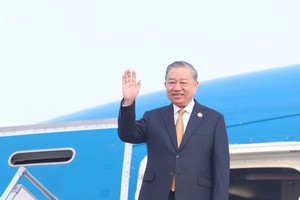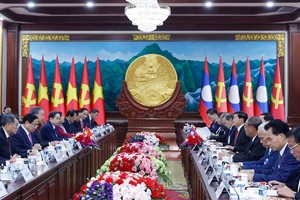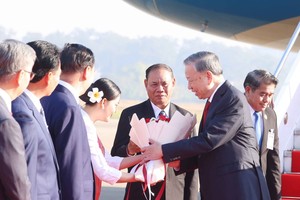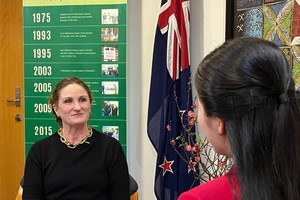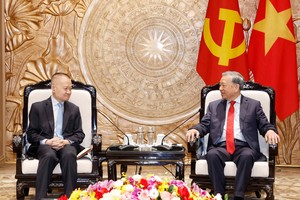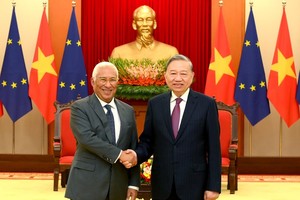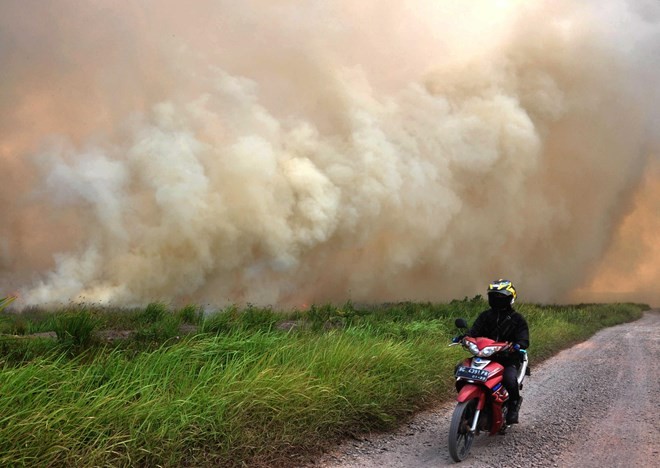
According to the BMKG, most parts of Indonesia and some other ASEAN countries have experienced the Australian monsoon, characterised by dry winds from the southeast. The weather is also affected by the anomaly of sea surface temperatures in Indonesian waters, especially on the south side of the equator, and the weak intensity of the El Nino phenomenon in the region since the end of 2018.
This has triggered a drier season in 2019 than 2018, the BMKG noted.
Deputy for meteorology of the BMKG Mulyono R. Prabowo said the dry conditions were followed by the emergence of hotspots that can indicate land and forest fires. It will produce haze and harm the air quality.
He added these natural phenomena should be a warning for all ASEAN countries to work faster in implementing the 2016-signed financing agreement of “Sustainable Use of Peatland and Haze Mitigation” (SUPA) on climate change in the region.
The SUPA is commissioned by the European Union and the German Federal Ministry for Environment, Nature Conservation and Nuclear Safety, and will be implemented by the German Agency for International Cooperation (GIZ).
According to the Fire Danger Rating System early warning system, the Australian monsoon could make parts of Southeast Asia prone to fires this week. Land fire potential was detected in Indonesia, Brunei, Cambodia, the Philippines, Thailand, Malaysia and parts of Myanmar, Vietnam and Laos on August 6-8.




